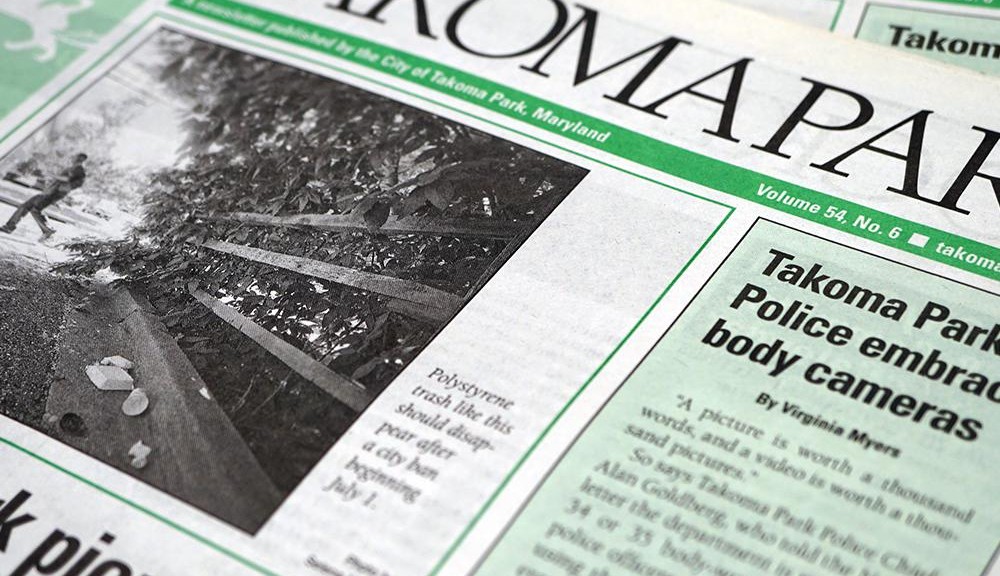After many lively and well-attended meetings, open houses and information sessions, the Takoma Park City Council, at their July 27 meeting, voted to approve the Development Agreement with Neighborhood Development Company (NDC), for the City-owned lot at the Takoma Junction. The agreement provides a roadmap for the development of the parking lot at the intersection of Carroll and Ethan Allen Avenues. The City Council selected NDC in 2015 to redevelop the lot with a mixeduse building, public space, environmentally-sustainable features and green space. The Council has final approval of critical aspects of the project, including the project schedule and the site plan.
The agreement also includes accommodations for the TPSS Food Co-op, a business adjacent to the City property. NDC and the TPSS Co-op are working on a private agreement between the two parties regarding the development. The City has proposed mediation to assist in that process.
The Council also approved the establishment of the Community Consultation Process Advisory Committee and appointed seven members to facilitate community input at specific stages of the development project. The committee’s efforts will focus on creating, in conjunction with Council, City staff and NDC, the process needed to guide broad community participation on various aspects of the development project. The committee will not be responsible for making substantive decisions or providing specific recommendations to the Council about the design, layout or use of the planned development.
Next steps in the process will include further study and planning. The site, a former dump, will require environmental clean-up and attention to stability of the slope. Existing and predicted traffic patterns and parking needs must be analyzed and addressed, along with the market demand for the commercial space in the project. NDC will work with the community, the Council and Montgomery County as plans develop.
Check the City website for updates regarding the Junction redevelopment at takomaparkmd.gov/ junction.
This article appeared in the August 2016 edition of the Takoma Park Newsletter. The Takoma Park Newsletter is available for download here.

